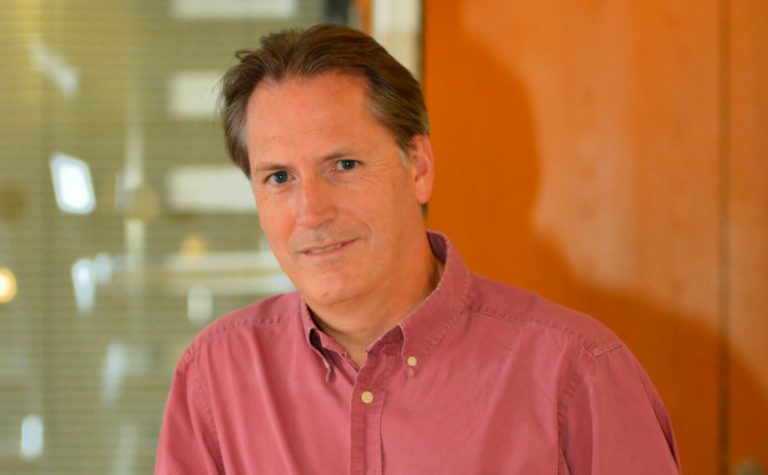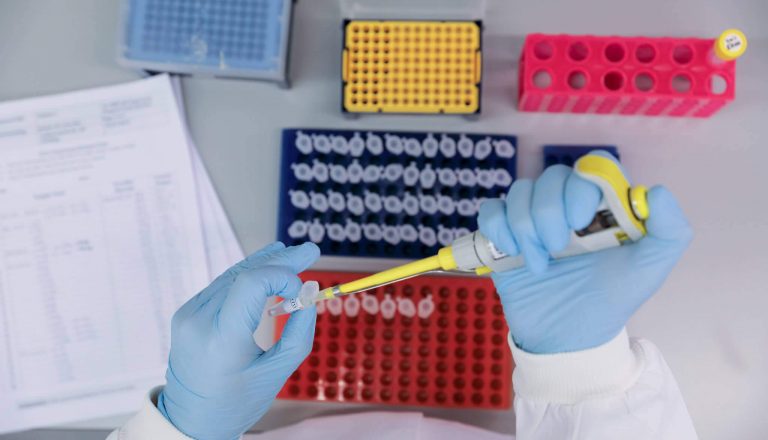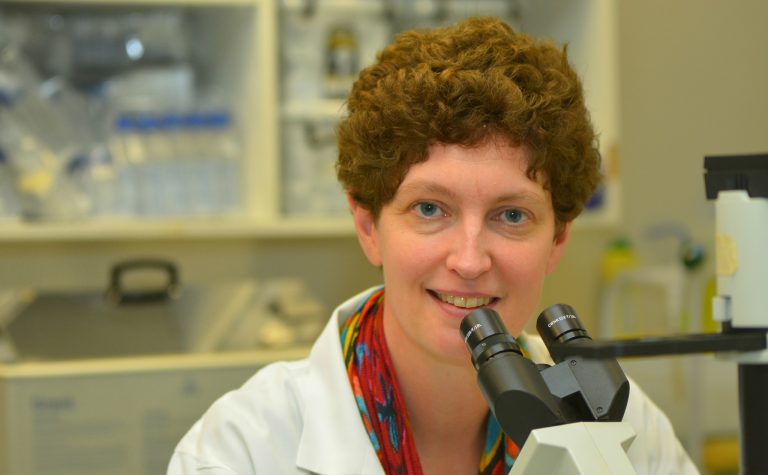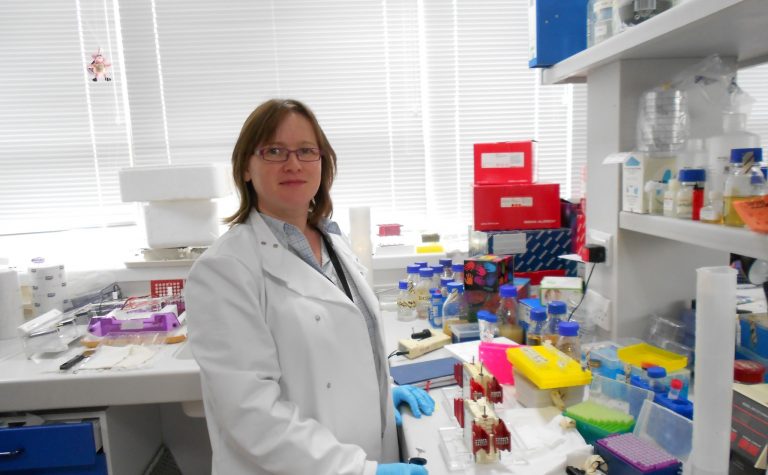Neuroblastoma is one of the most common childhood tumours, and in its high-risk form is one of the most difficult childhood cancers to cure, despite intensive therapy. This important project is researching a new immunotherapy approach to develop more effective and less toxic treatments to give more children a chance of survival.
New approaches to treating high-risk neuroblastoma in children are desperately needed, as current treatments are highly toxic and not always effective. With this work Professor John and his team have a real chance of developing an effective immunotherapy approach.
* this project is being funded in collaboration with Great Ormond Street Hospital Children’s Charity, with each charity contributing 50 per cent of the total cost of £302,390.
Thank you
This research project on high-risk neuroblastoma has been successfully completed. Your donations allow us to fund ground-breaking research that can improve treatments given to children with cancer. Thank you. Your help allows us to continue to find ways to drive up the chances of survival for children with cancer and reduce the toxic side effects that can affect the rest of their lives.




